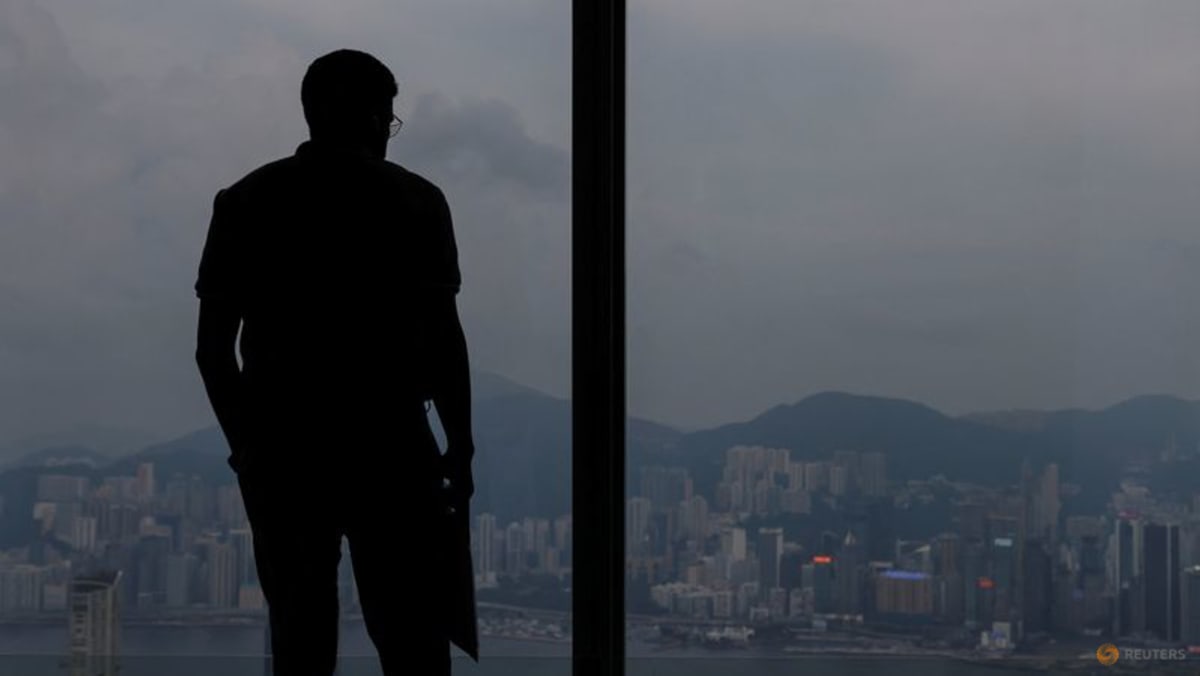
Mental health experts point to the COVID-19 pandemic as a major factor in the increase in mental health issues, as it has been in many places.
But in the case of Hong Kong, its lockdown rules that were among the world’s toughest came after unsettling pro-democracy demonstrations that began in 2014, bringing bouts of chaos and culminating in sometimes violent anti-government protests in 2019.
While at the root of the protests was concern over what many see as the erosion of civil liberties in the former British colony as the Beijing government tightens its control, a high cost of living, a growing income gap and the perennial problem of a lack of housing exacerbate the frustrations.
Many people in densely populated Hong Kong wait years for public housing, most young people live with their parents and many thousands are packed into subdivided units, known as “coffin cubicles”.
“EXHAUSTION”
Judy Blaine, a researcher and consultant on mental wellbeing, says it is the compounding of stresses that takes a toll on Hong Kong’s people.
“We’re dealing with a triple whammy people have had. Hong Kong’s experience is just emotional exhaustion,” Blaine said.
“There is an underlying sense of uncertainty, an underlying sense of fear coupled with a lack of autonomy to do anything about it. That’s when people become more defensive.”
A severe shortage of care workers complicates efforts to address the problem, health charities say.
Carol Liang, deputy CEO of the group Mind Hong Kong, said waiting times for cases deemed non-urgent can be as long as 90 weeks in the Hospital Authority system.
“There are only 7.55 psychiatrists and 8.15 clinical psychologists per 100,000 people in Hong Kong compared with the OECD averages of 18 and 53, respectively,” she said, referring to the Organisation for Economic Cooperation and Development global policy forum.
